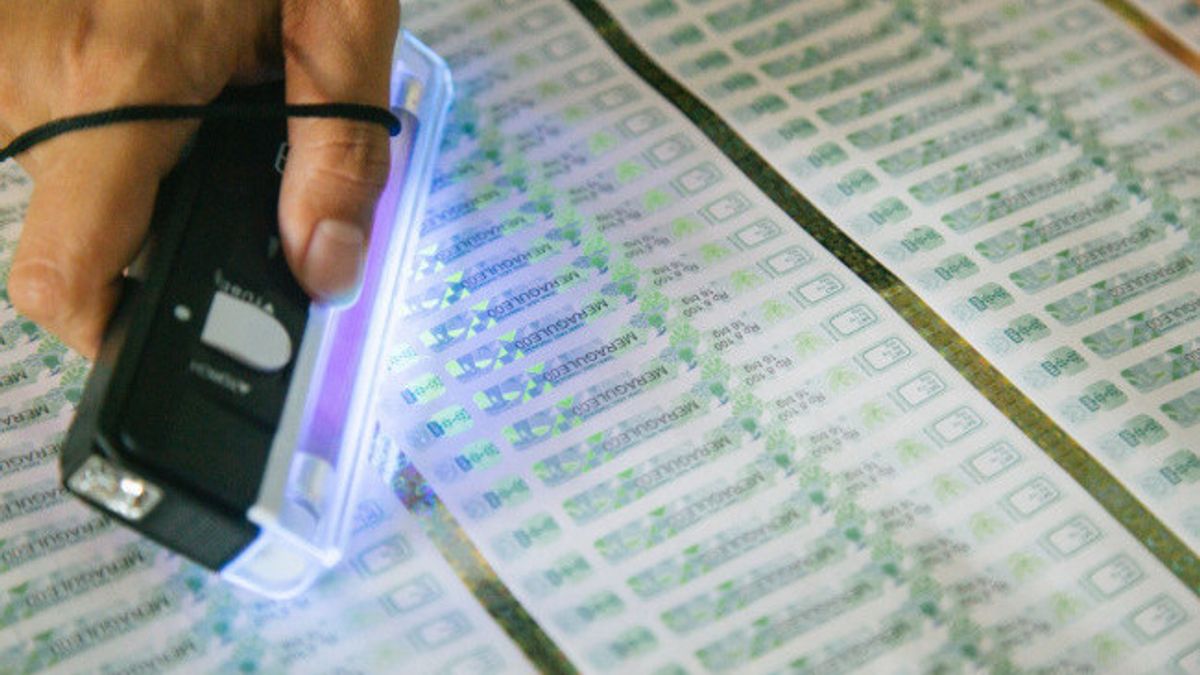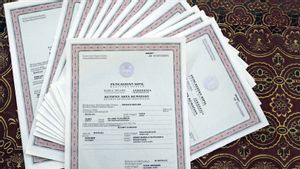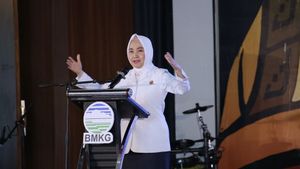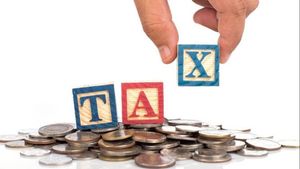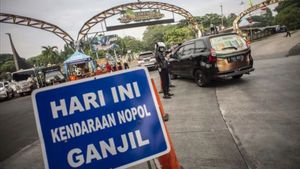NTT - The potential for excise or tax violation has the potential to increase after the increase in cigarette excise rates of 10 percent officially takes effect in 2023.
This estimate was conveyed by the Head of the Regional Office of the Directorate General of Customs and Excise (DJBC) for the Bali Region, West Nusa Tenggara (NTB), East Nusa Tenggara (NTT), Ministry of Finance (Kemenkeu), Susila Brata.
Susila warned Customs employees in the field of prosecution to be more alert to excise violations, especially from cigarettes, e-cigarettes or vapes, and other products containing tobacco.
"Usually something that is prohibited or makes it difficult for a lot of illegal. So if for example the book is prohibited, the photocopying book will come out. Usually it's like that. It's natural law. Something that is prohibited, made difficult, because of the control function, because excise duty is increased to become difficult (for cigarette buyers), finally there are many illegal ones. We have to prevent that effect," he said in Denpasar, Bali, Thursday, December 23, confiscated by Antara.
Susila also invited various stakeholders, including local governments, to actively supervise and be involved in the prosecution of excise violations in their respective regions.
"Together, we as an institution engaged in excise control together with all of you, especially colleagues from the Satpol PP ranks in the regions together, how can the control of illegal excisable goods be reduced to a minimum," he said.
He explained that local governments also need to be involved in taking action against excise violations because of the Tobacco Products Excise Revenue Sharing Fund (DBH CHT), which is funds channeled directly from the central government to the regions, one of which is for law enforcement in the field of excise.
"Judging from the regulations, the use of CHT DBH has a percentage of use, 50 percent for the field of public welfare, 40 percent for the health sector so that public health in general, is not only related to cigarette consumers, but in general it is also more generally better, meaning how excise is generally beneficial for the community directly, and 10 percent is allocated for law enforcement in the excise sector," said Susila.
He said that the Bali Provincial Government in 2022 received a CHT DBH of IDR 5.905 billion, which was then distributed to eight regencies and one city in Bali.
"The CHT DBH is distributed to local governments, which in the area contribute excise revenues, and the area becomes a tobacco producer," said Susila Brata.
He conveyed that Denpasar in Bali and Mataram in West Nusa Tenggara is the largest tobacco excise contributor to DJBC for the Bali Region, NTB, NTT.
The English, Chinese, Japanese, Arabic, and French versions are automatically generated by the AI. So there may still be inaccuracies in translating, please always see Indonesian as our main language. (system supported by DigitalSiber.id)
